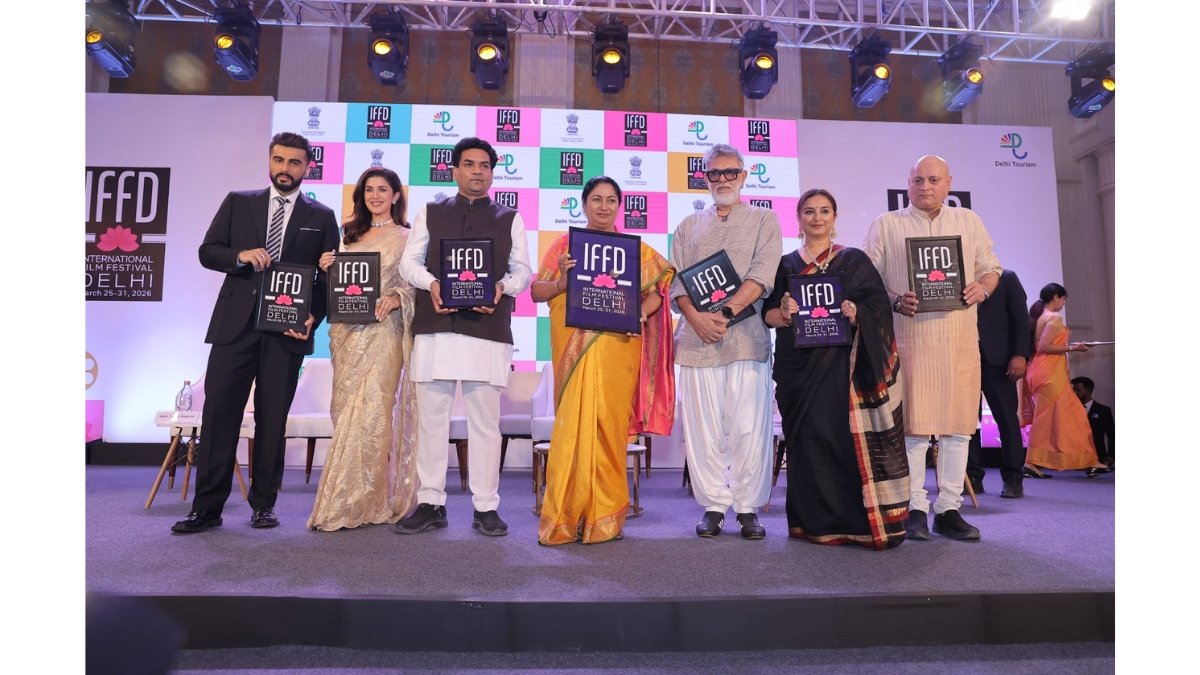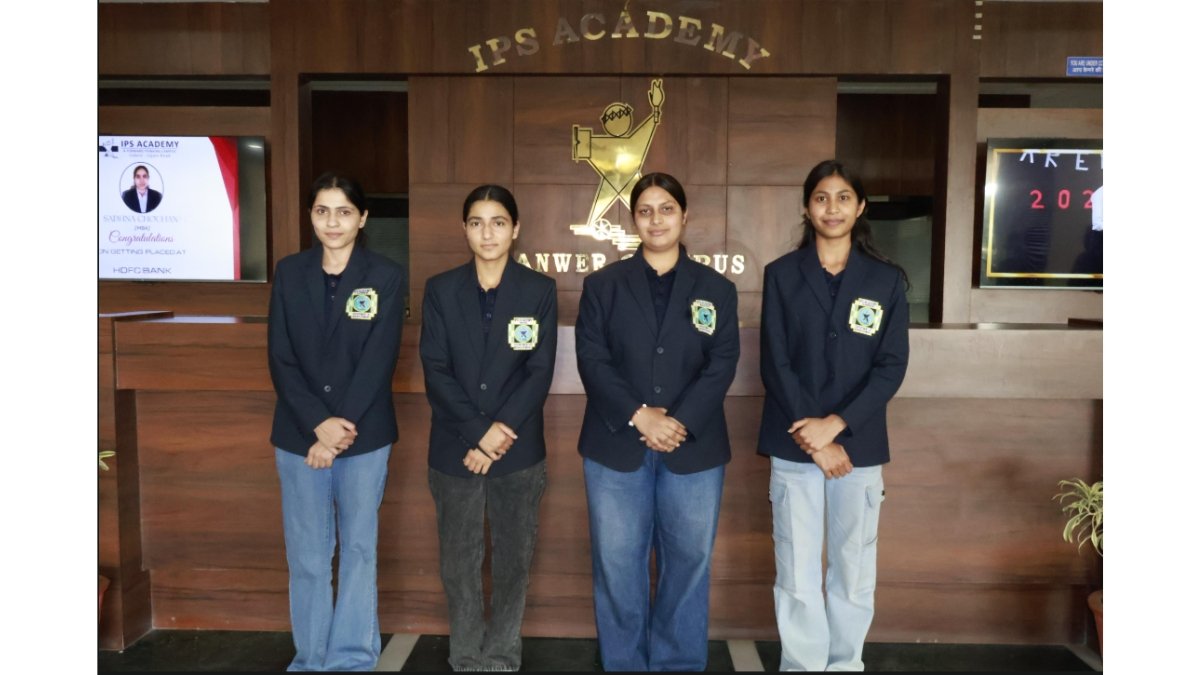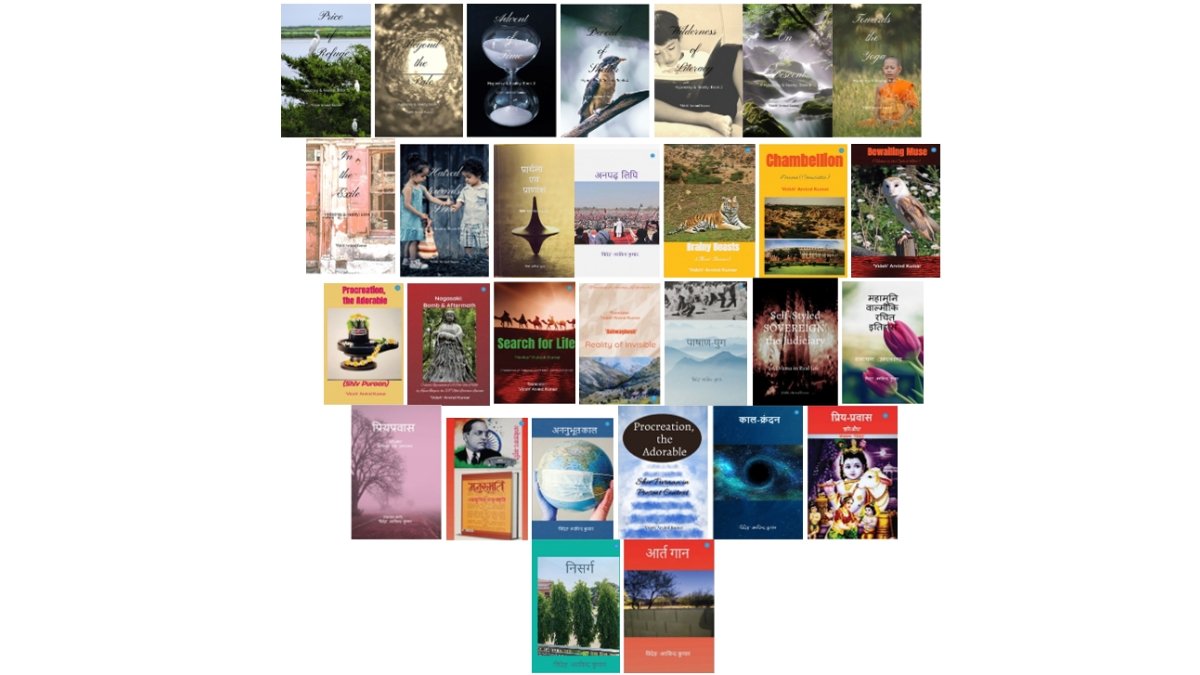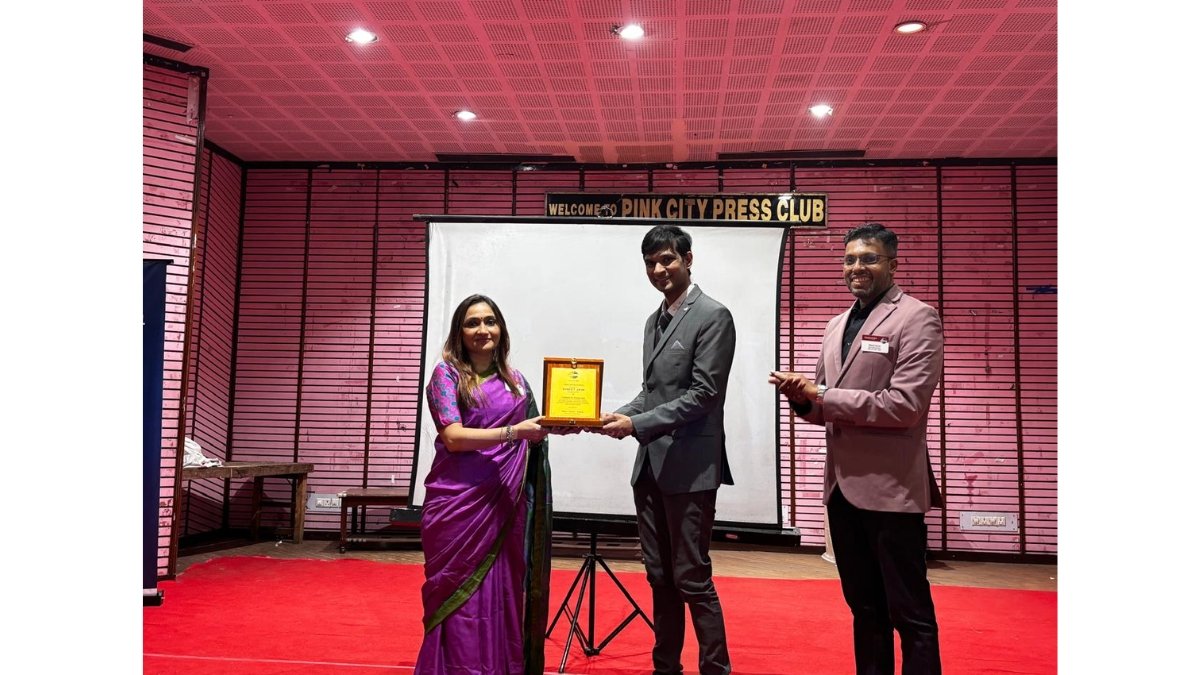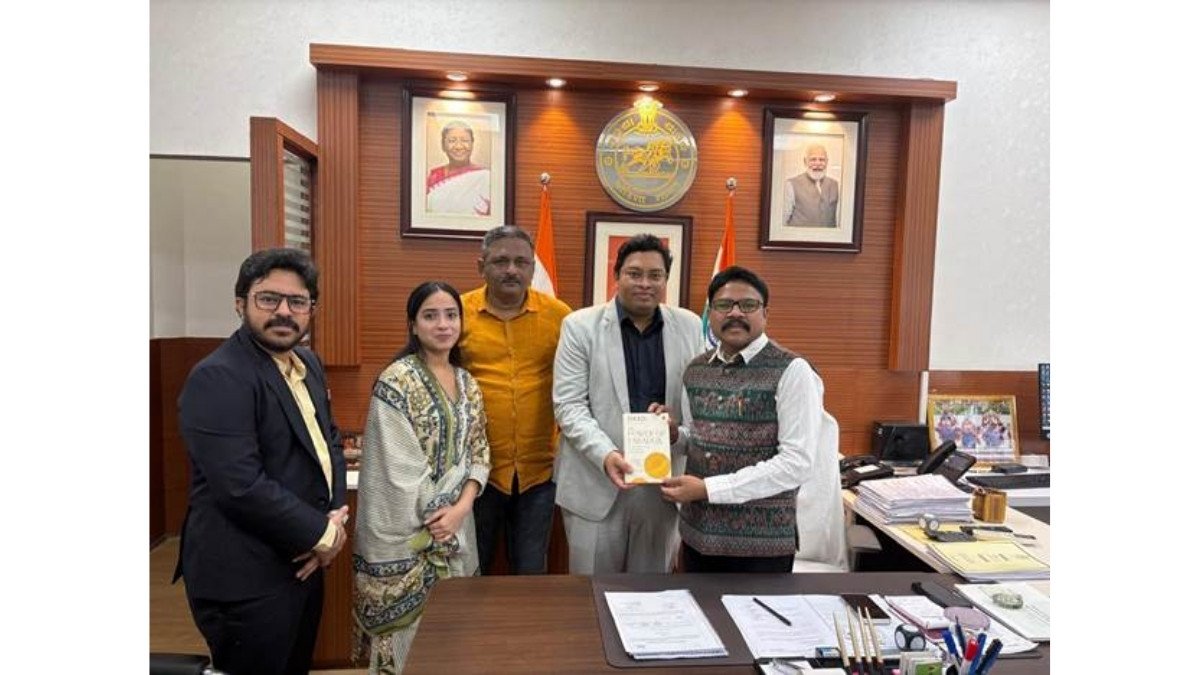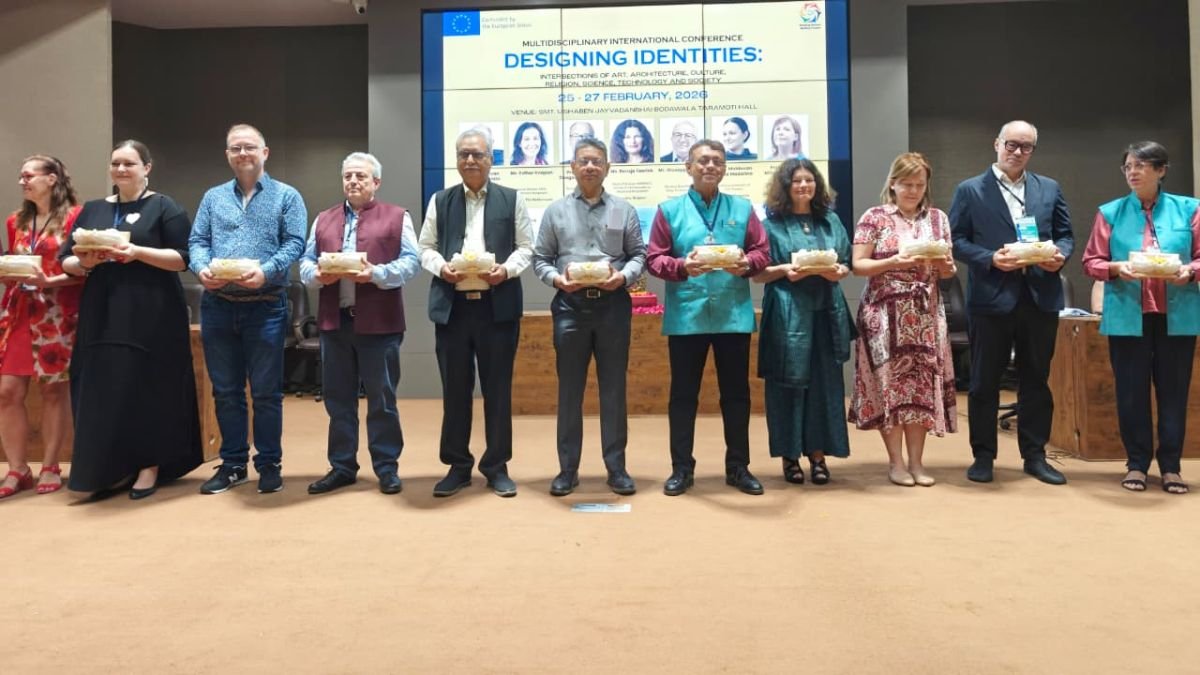World Heart Day 2025: Heart Disease on the Rise Amongst Young—Why Waiting Is Dangerous
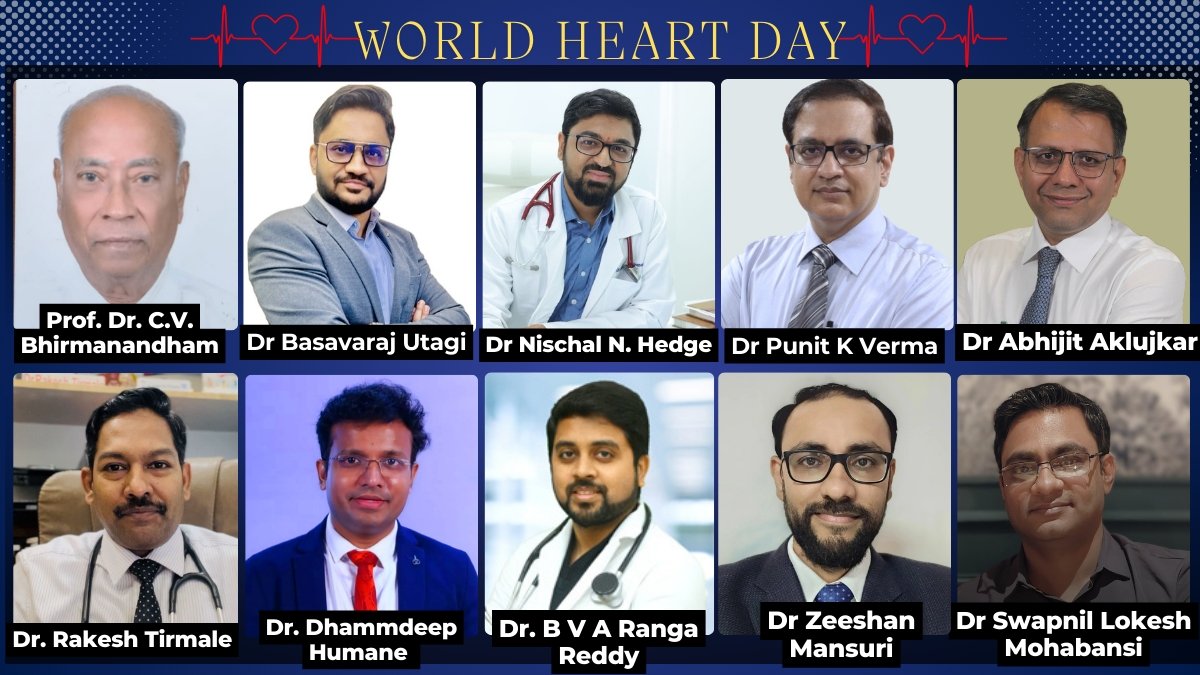
New Delhi [India], September 29: Heart disease is no longer just a concern for older adults—it is increasingly affecting young people in their 20s, 30s, and 40s. Sedentary lifestyles, stress, unhealthy diets, and delayed diagnosis are driving this alarming trend. On this World Heart Day 2025, leading cardiologists emphasise the importance of awareness, early detection, and preventive measures, highlighting why waiting for symptoms can be extremely dangerous.
1. Prof. Dr C.V. Bhirmanandham
MD (Medicine), DM (Cardiology), MAMS (Cardiology), D.Sc. (Cardiology), FRSTM (London), FCCP (USA), FICA (USA)
Prof. Dr C.V. Bhirmanandham, Senior Consultant Cardiologist at Apollo Hospitals, Chennai, and former Professor and Chief Cardiologist at Madras Medical College, has dedicated his career to advancing cardiology and medical education. He also served two terms as Vice-Chancellor of Tamil Nadu Dr M.G.R. Medical University, contributed as Vice President of the Medical Council of India, and played a pivotal role as one of the architects of NEET, along with Dr Ved Prakash Mishra of Pune. Over the years, he has been honored with several recognitions, including the prestigious Dr. B.C. Roy National Award for his exceptional contributions to medicine and cardiology.
Drawing from decades of experience, Dr Bhirmanandham highlights a troubling reality—heart disease is no longer confined to the elderly but is increasingly affecting the young. Sedentary lifestyles, poor diets, high stress, smoking, alcohol use, and late detection are silently damaging young hearts during their most productive years.
On World Heart Day 2025, he emphasises the urgency of prevention. Regular check-ups, balanced nutrition, daily exercise, and stress management are vital. “Your heart cannot be replaced, but with timely care, it can certainly be protected,” he advises.
2. Dr. Puneet K. Verma
MD, DNB, DM, FCSI, FSCAI, FACC, FESC, Chief Interventional Cardiologist & Structural Heart Specialist, ACE Heart and Vascular Institute, Mohali
Pacemakers play a vital role in treating bradyarrhythmia, a condition where the heart beats too slowly or irregularly, disrupting blood flow. In a healthy heart, electrical signals maintain rhythm, but age, disease, or damage can weaken this system, causing fatigue, dizziness, fainting, shortness of breath, or even heart failure. Conventional pacemakers, implanted under the chest with leads, have been the gold standard but can pose risks such as lead fractures, infections, bleeding, or discomfort.
Leadless pacemakers are a newer, patient-friendly alternative. These compact, wire-free devices, implanted directly into the heart via a leg vein, avoid chest incisions and leads. They allow quicker recovery, minimal scarring, reduced infection risk, and greater comfort.
Dr. Verma shares a case of a 68-year-old post-TAVR patient implanted with a second-generation dual-chamber leadless pacemaker, who recovered quickly without bleeding or chest discomfort. He adds, “Dual-chamber leadless pacemakers are valuable for elderly patients or those prone to complications. Advances in technology will further expand patient benefits in heart rhythm management.”
3. Dr. Rakesh Tirmale
MD, DM( Cardio), FSCAI (USA), AFESC (Europe), Terna Superspeciality Hospital, Navi Mumbai
This Year’s WORLD HEART DAY 2025 theme, “Don’t Miss a Beat,” underscores the need for constant awareness and proactive steps to protect heart health. It promotes regular medical check-ups and healthy daily habits. On (29 September, this World Heart Day alarm bells ring louder for younger generations — heart disease, once seen as a problem of old age, is increasingly striking those under 40. This shift is driven by modern lifestyle woes: obesity, hypertension, high cholesterol, sedentary routines, chronic stress, poor diets, smoking, the increasing popularity of vaping. and even effects of COVID‐19 on the heart. The campaign urges everyone to pay attention to early symptoms, make heart-healthy choices, and seek medical help promptly—helping to prevent serious complications and reduce the risk of early death from heart-related conditions.
This World Heart Day, the message is urgent— don’t wait for symptoms. “Screen early, eat smart, move daily, manage stress and quit tobacco”. For young hearts, Every Beat Matters.
4. Dr Swapnil Lokesh Mohabansi
DM Cardiology, Consultant Interventional Cardiologist, Director, The Heart and Brain Clinic, Sinhagad Road, Pune
Young Hearts at Risk: Why Indians Can’t Ignore Heart Health Anymore
Heart disease is no longer a condition only affecting the elderly. In India, an alarming 50% of heart attacks occur in people under 50, and 25% occur in those under 40. The causes are many—stress, processed food, lack of exercise, poor sleep, diabetes, and pollution are all contributing factors. Even college students are increasingly showing signs of obesity, diabetes, and hypertension. Unlike the West, Indians tend to develop heart disease 5–10 years earlier, making early awareness and preventive care critical.
Dr. Mohabansi emphasises that one should not wait for chest pain or other symptoms to act. Prevention starts now. Simple lifestyle measures can make a huge difference: eat right, move daily, sleep well, and regularly check blood pressure, sugar, and cholesterol levels. This #WorldHeartDay, let’s take action to protect our youth from silent killers. A healthy heart keeps you young.
5. Dr. Basavaraj Utagi
MD, DM, FSCAI, Senior Consultant Cardiologist, Fortis Hospital, Cunningham Road branch, Bangalore
Your heart is your lifetime companion — take care of it today, it takes care of you tomorrow.”
Heart disease remains the leading cause of illness and death worldwide, but the majority of it is preventable. The power to protect your heart lies in your everyday choices. Be active — at least 30 minutes of walking, cycling, or exercise daily. Eat smart — more fruits, vegetables, and whole grains; less salt, sugar, and fried foods. Quit tobacco & limit alcohol. Manage stress — breathe, rest, and sleep well. Check regularly — blood pressure, sugar, cholesterol, and weight. This year, let us commit to one small, sustainable change — because strong hearts build stronger families and stronger communities. On this World Heart Day 2025, I urge you: listen to your heart, protect it, and live healthier, longer, and happier.
With best wishes for your well-being,
6. Dr. Nischal N. Hegde
MBBS, MD General Medicine, DM Cardiology, Interventional Cardiologist, Bangalore Hospitals, Jayanagar & Kengeri, Bangalore
Heart disease is one of the biggest health problems today, but the good news is that many heart attacks can be prevented or treated if help is taken at the right time. On this World Heart Day, I want to remind everyone — if you or a loved one experiences chest pain, sudden breathlessness, sweating, or weakness, do not ignore it. These may be signs of a heart attack. Rush to the hospital immediately. Quick treatment can save lives.
At Bangalore Hospitals, Jayanagar and Kengeri, we provide 24/7 Cath Lab services so that patients with cardiac emergencies receive immediate angioplasty and other life-saving treatments at any hour.
Prevention is equally important. A simple cardiac health check-up can help identify risks like diabetes, high blood pressure, or cholesterol before they cause major problems. Tests like Cardiac CT allow us to detect heart disease early in a safe, non-invasive way.
I am proud to share that The Bangalore Hospital at Jayanagar has the only 640-slice Cardiac CT machine in Bangalore, offering the most advanced heart imaging for accurate diagnosis and prevention.
This World Heart Day, let’s take care of our hearts — through healthy habits, regular check-ups, and timely medical care.
7. Dr. Abhijit Aklujkar
MD, DNB (Cardiologist), MNAMS, Senior Interventional Cardiologist, Cordis Heart Institute, Miraroad, Thane and Solapur
A dedicated cardiologist highlights a disturbing trend—the rising incidence of heart disease among young patients. Unlike in the past, when such conditions were seen mostly in older adults, today many individuals in their 20s and 30s are appearing in his OPD. The reasons are evident: late nights, poor sleep, smoking, unhealthy eating habits, and chronic stress.
He observes that early warning signs like chest heaviness, palpitations, or fatigue are often ignored and dismissed as temporary. But waiting can be dangerous, as delays may lead to irreversible damage or sudden cardiac events.
Dr Aklujkar emphasises that adequate sleep, quitting smoking, stress management, avoiding junk food, healthy eating, regular exercise, and timely check-ups are powerful tools to safeguard heart health. On this World Heart Day, he urges everyone to pledge to keep health as the top priority.
For appointments, contact Dr Abhijit Aklujkar at 8369439101.
8. Dr Zeeshan Mansuri
MBBS, MD, DM, FSCAI Interventional Cardiology, Ahmedabad
As a cardiologist, World Heart Day 2025—themed “Don’t Miss a Beat”—is a vital reminder. Every day, I see the profound impact of cardiovascular disease, which is often preventable. Ignoring symptoms or delaying healthy choices is a gamble with your life.
This year, I urge you to be proactive. Know your numbers: blood pressure, cholesterol, and blood sugar. Simple changes—a walk after dinner, swapping processed food for fresh, finding ways to manage stress—are your best defence. Don’t let precious moments with loved ones be missed due to a preventable heart issue. Your heartbeat is a gift; protect it. Book your check-up today.
9. Dr B V A Ranga Reddy
MD, DM, FSCAI, Consultant Interventional Cardiologist- Apollo Jubilee Hills, Hyderabad
Heart health has become one of the most urgent concerns of our time, especially as cardiovascular diseases are now affecting younger populations. According to Dr BVA Ranga Reddy, Senior Cardiologist, the greatest challenge lies in the rising cases of hypertension, diabetes, obesity, and stress among the youth. These lifestyle factors silently damage the heart, often without early symptoms, making preventive care absolutely essential.
Dr. Reddy emphasises that a healthy heart is not built in a day, but through consistent habits—balanced nutrition, regular exercise, adequate sleep, and effective stress management. He also advises regular heart check-ups, especially for those with a family history of cardiac conditions.
“Heart health should be treated as a daily responsibility, not just a medical concern,” says Dr. Reddy. On this World Heart Day, he urges everyone to take small, mindful steps today—because prevention is always better than a cure.
Let us commit to protecting our hearts and building a healthier tomorrow.
10. Dr Dhammdeep Humane
MBBS, MD (MED), DM (Cardiology), DNB (Cardiology), FSCAI (USA), AFESC (Europe), Consultant Interventional Cardiologist, Start Health Clinic, Mumbai
Heart attacks are no longer just a concern for older adults—they are increasingly affecting young adults, often without warning. 1 in 5 heart attack patients today are under 40, and the numbers continue to rise. Dr Dhammdeep Humane, an expert Cardiologist from Mumbai, highlights that modern lifestyles are a major factor. Poor dietary habits, frequent consumption of junk or processed foods, and lack of physical activity weaken both the heart and the immune system. Smoking, including e-cigarettes, significantly raises risk, while
chronic stress from work, finances, and family pressures can elevate blood pressure and trigger inflammation. Rising obesity, Type 2 diabetes, high cholesterol, and hypertension further increase vulnerability, often silently. Early warning signs—chest pain, fatigue, shortness of breath, swelling in the legs, or irregular heartbeats—should never be ignored. Prevention is key: regular health checkups, a balanced diet, daily exercise, stress management, and limiting smoking and alcohol can dramatically reduce risk, helping young adults maintain a strong, healthy heart.
If you have any objection to this press release content, kindly contact pr.error.rectification@gmail.com to notify us. We will respond and rectify the situation in the next 24 hours.

